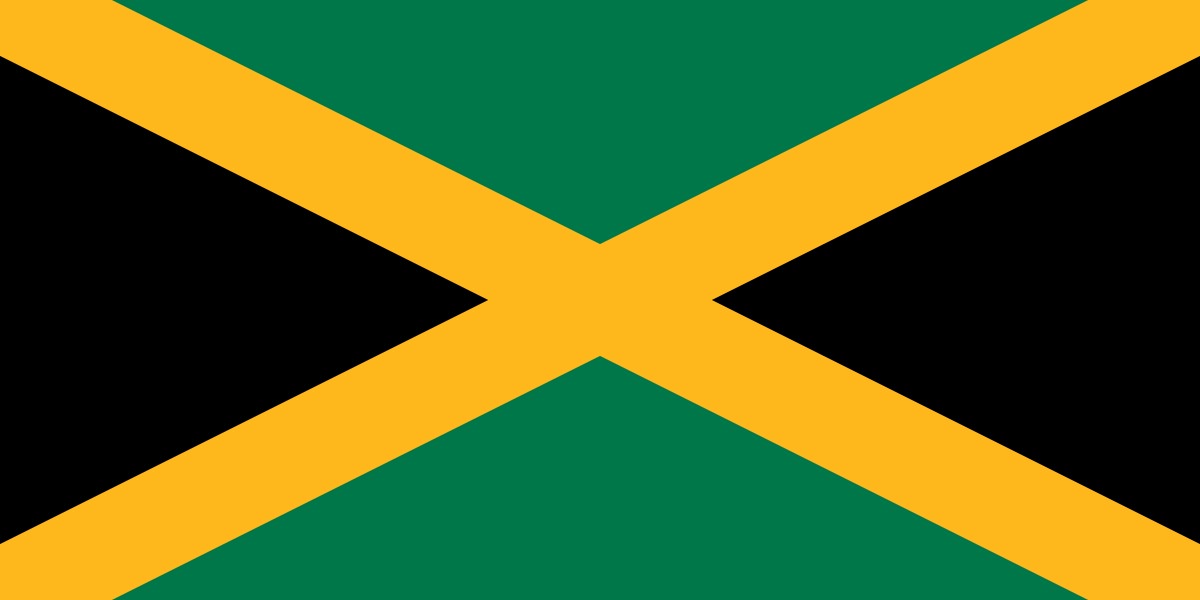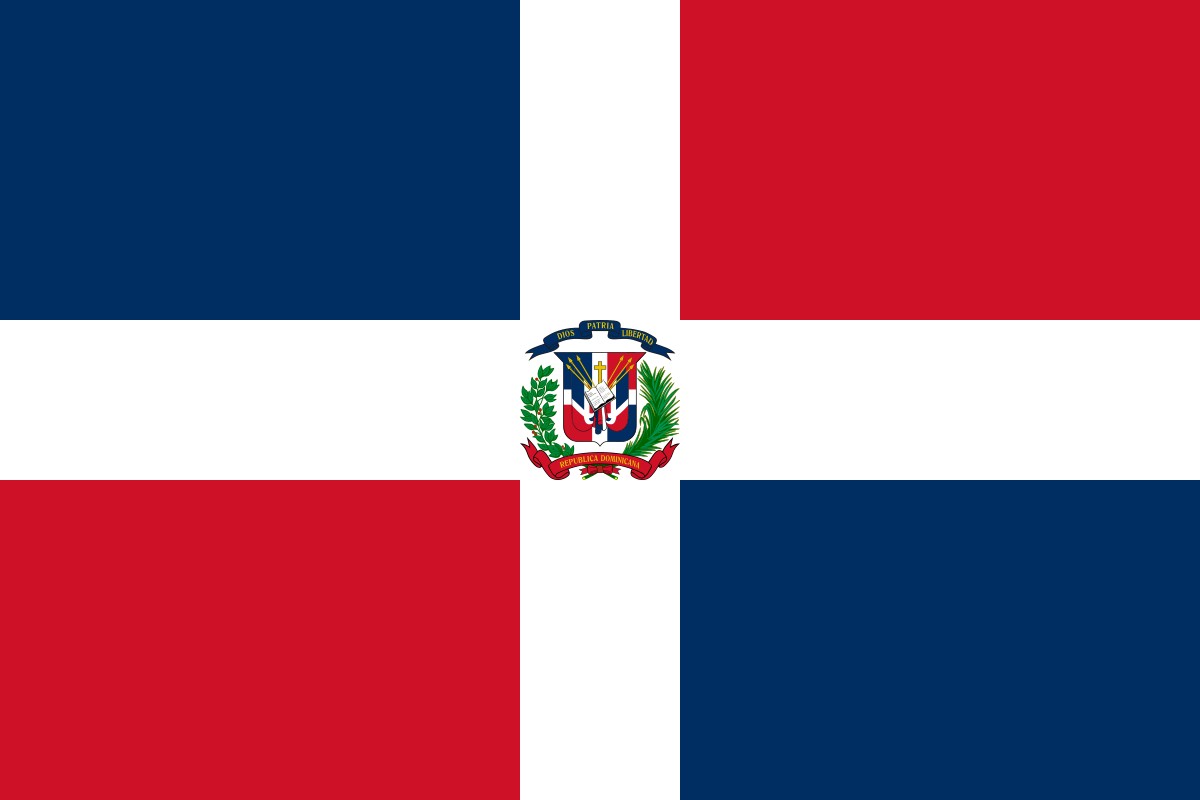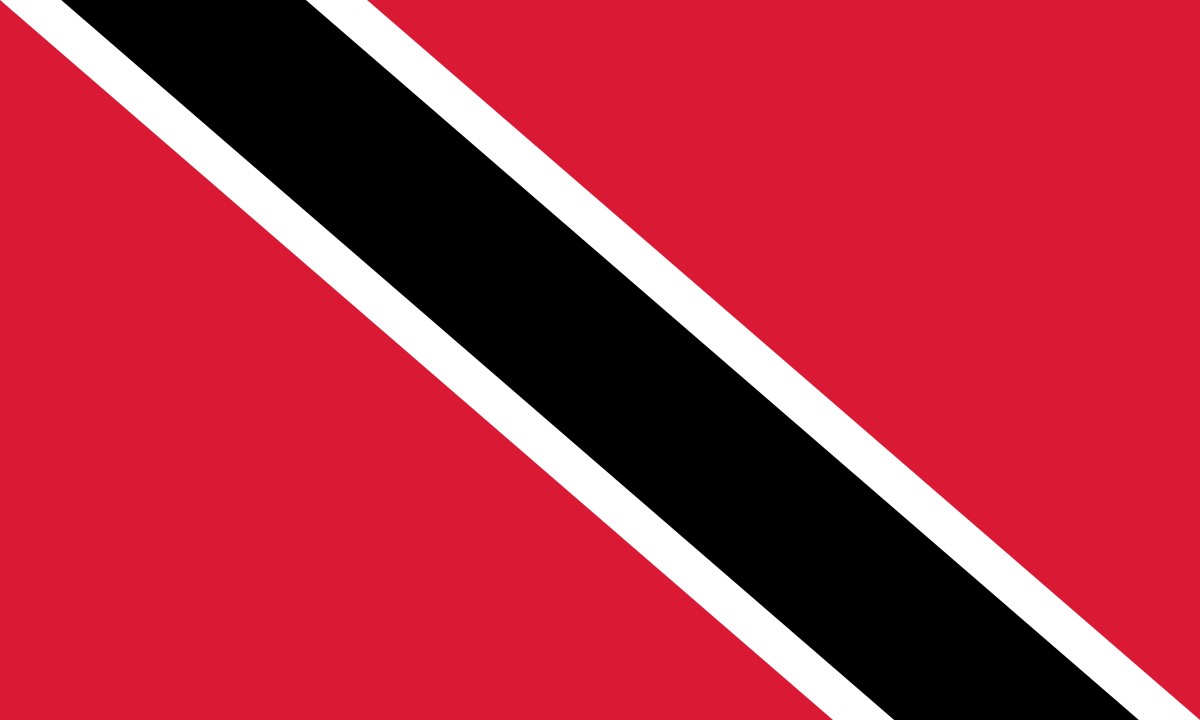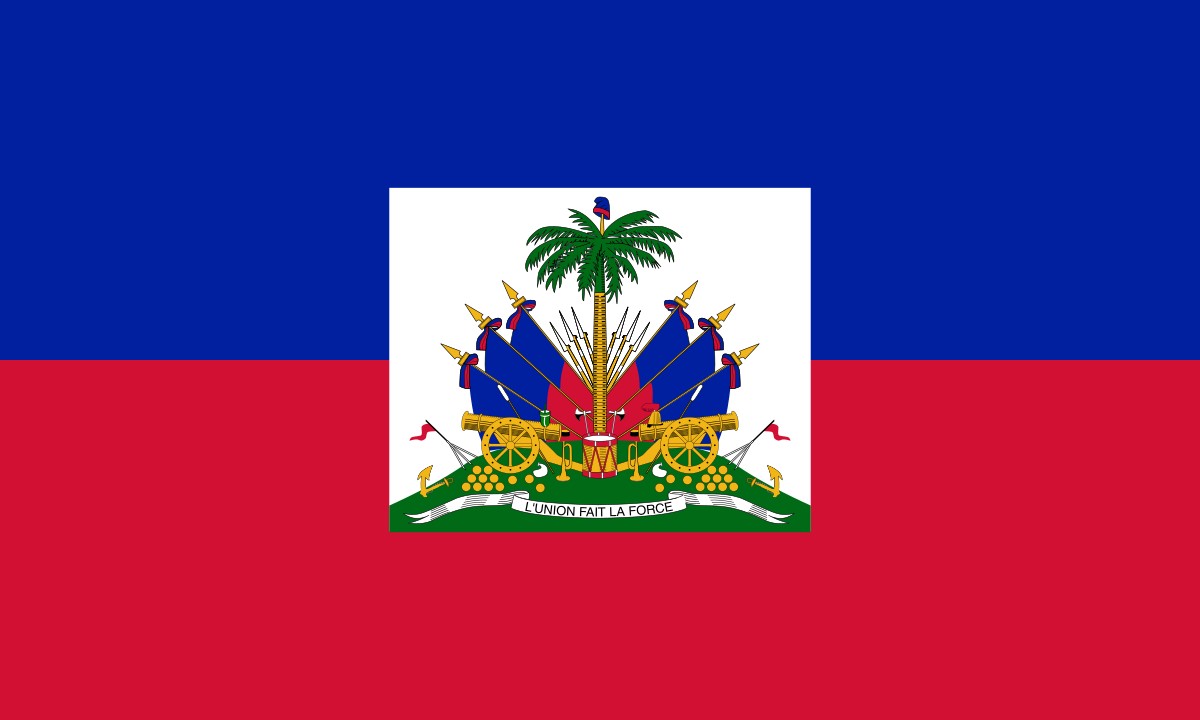Which Caribbean islands have travel advisories? Travel advisories for Caribbean islands are issued by governments to inform travelers about potential risks, safety concerns, and health hazards. TRAVELS.EDU.VN provides up-to-date information on travel advisories, enabling you to make informed decisions and enjoy your Caribbean getaway with peace of mind. This includes assessing travel warnings, understanding safety levels, and planning your trip with confidence, focusing on safe travels and island hopping.
1. Understanding Caribbean Travel Advisories
Travel advisories are official recommendations issued by government agencies to inform citizens about the safety and security conditions in foreign countries. These advisories can range from general precautions to warnings against all travel, depending on the severity of the risks involved. For those planning a Caribbean escape, understanding these advisories is paramount.
1.1. What is a Travel Advisory?
A travel advisory is a formal notice issued by a government to its citizens, providing information about potential risks and safety concerns in specific countries or regions. These advisories are designed to help travelers make informed decisions about their travel plans, ensuring they are aware of any potential dangers they may encounter.
According to the U.S. Department of State, travel advisories consider factors such as:
- Political instability: Including the risk of protests, civil unrest, or political violence.
- Crime rates: Highlighting areas with significant levels of criminal activity, such as theft, assault, or kidnapping.
- Health risks: Providing information about disease outbreaks, inadequate healthcare facilities, or environmental hazards.
- Natural disasters: Alerting travelers to potential risks from hurricanes, earthquakes, or other natural events.
- Terrorism: Warning about the presence of terrorist groups or the risk of terrorist attacks.
1.2. Types of Travel Advisories
Travel advisories are categorized into different levels, each indicating a specific degree of risk. The U.S. Department of State, for example, uses a four-level system:
- Level 1 – Exercise Normal Precautions: This is the lowest advisory level, recommending travelers to be aware of general safety and security risks.
- Level 2 – Exercise Increased Caution: This level advises travelers to be more vigilant due to potential safety and security risks.
- Level 3 – Reconsider Travel: This advisory suggests that travelers should reconsider their travel plans due to serious risks.
- Level 4 – Do Not Travel: This is the highest advisory level, recommending that citizens should not travel to the specified destination due to extreme dangers.
It’s essential to understand these levels and heed the recommendations to ensure your safety while traveling. Each level is designed to provide clear guidance based on the current situation in the destination country.
1.3. Who Issues Travel Advisories?
Several government agencies worldwide issue travel advisories to protect their citizens. Some of the most well-known include:
- U.S. Department of State: Provides travel advisories for every country in the world, updated regularly.
- Global Affairs Canada: Issues travel advice and advisories to help Canadians make informed decisions about traveling safely abroad.
- Foreign, Commonwealth & Development Office (United Kingdom): Offers travel advice by country, including safety and security information.
- Australian Department of Foreign Affairs and Trade: Provides travel advice and safety information for various destinations.
These agencies gather information from various sources, including embassies, intelligence reports, and local authorities, to assess the risks and provide accurate recommendations. Staying informed through these official channels is crucial for safe travel planning.
2. Caribbean Islands with Current Travel Advisories
As of October 2024, several Caribbean islands have travel advisories in place. These advisories are primarily due to factors such as crime rates, health concerns, and natural disaster risks. Here’s a breakdown:
2.1. Jamaica
 Jamaica Travel Advisory
Jamaica Travel Advisory
Jamaica has a Level 3 travel advisory, urging travelers to reconsider their travel plans due to high crime rates. According to the U.S. Department of State, violent crimes, including armed robbery and homicide, are common, particularly in certain areas of Montego Bay and Kingston.
- Key Concerns: High crime rates, including violent crimes like armed robbery and homicide.
- Affected Areas: Specific areas in Montego Bay and Kingston.
- Recommendations: Exercise increased caution, avoid walking alone, and do not display signs of wealth.
Despite these advisories, many tourists visit Jamaica each year without incident. However, it’s crucial to stay informed and take necessary precautions to ensure your safety.
2.2. The Bahamas
The Bahamas currently has a Level 2 travel advisory, advising travelers to exercise increased caution due to crime. The U.S. Department of State notes that while the majority of crimes occur in Nassau and Freeport, incidents can happen anywhere.
- Key Concerns: Crime, particularly in Nassau and Freeport.
- Affected Areas: Nassau and Freeport.
- Recommendations: Be aware of your surroundings, avoid walking alone at night, and secure your valuables.
The Bahamas remains a popular tourist destination, but it’s important to stay vigilant and take precautions to protect yourself and your belongings. By staying informed and taking necessary steps, you can enjoy a safe and memorable trip.
2.3. Dominican Republic
 Dominican Republic Travel Advisory
Dominican Republic Travel Advisory
The Dominican Republic has a Level 2 travel advisory, urging travelers to exercise increased caution due to crime. According to the U.S. Department of State, petty theft and scams targeting tourists are common.
- Key Concerns: Petty theft and scams targeting tourists.
- Affected Areas: Tourist areas and public transportation.
- Recommendations: Be cautious of your surroundings, avoid displaying expensive jewelry, and use reputable transportation services.
The Dominican Republic attracts millions of tourists each year with its beautiful beaches and resorts. However, it’s important to be aware of potential risks and take steps to protect yourself from crime. By staying informed and taking precautions, you can have a safe and enjoyable vacation.
2.4. Trinidad and Tobago
 Trinidad and Tobago Travel Advisory
Trinidad and Tobago Travel Advisory
Trinidad and Tobago has a Level 2 travel advisory, advising travelers to exercise increased caution due to crime. The U.S. Department of State notes that violent crime, including robbery and assault, can occur.
- Key Concerns: Violent crime, including robbery and assault.
- Affected Areas: Urban areas and tourist locations.
- Recommendations: Be aware of your surroundings, avoid walking alone at night, and secure your valuables.
Despite the advisory, Trinidad and Tobago offer rich cultural experiences and natural beauty. Being informed and cautious can help ensure a safe and memorable trip.
2.5. Haiti
 Haiti Travel Advisory
Haiti Travel Advisory
Haiti currently has a Level 4 travel advisory, recommending that U.S. citizens do not travel to Haiti due to civil unrest and kidnapping. The U.S. Department of State states that violent crime, including armed robbery, carjacking, and kidnapping, is widespread.
- Key Concerns: Civil unrest, kidnapping, and high levels of violent crime.
- Affected Areas: Throughout the country, particularly in Port-au-Prince.
- Recommendations: Do not travel to Haiti, and if already there, consider departing if safe to do so.
The security situation in Haiti is highly volatile, making it unsafe for tourists. It’s crucial to heed the advisory and avoid all travel to the country.
3. Factors Influencing Travel Advisories
Several factors contribute to the issuance and modification of travel advisories for Caribbean islands. Understanding these factors can help you assess the risks and make informed decisions about your travel plans.
3.1. Crime Rates
High crime rates are a significant factor influencing travel advisories. Islands with a history of violent crime, theft, and scams targeting tourists are more likely to have advisories in place. For example, Jamaica’s Level 3 advisory is largely due to its high crime rates.
According to a report by the World Bank, countries with high levels of income inequality and social instability often experience higher crime rates. This can directly impact the safety and security of tourists, leading to travel advisories.
3.2. Political Stability
Political instability, including civil unrest, protests, and government instability, can also lead to travel advisories. Countries experiencing political turmoil may pose risks to travelers due to potential violence and disruptions to daily life.
Haiti’s Level 4 advisory is a direct result of the country’s ongoing political crisis, which has led to widespread violence and instability. In such cases, governments advise their citizens to avoid all travel to the affected areas.
3.3. Health Concerns
Health concerns, such as disease outbreaks and inadequate healthcare facilities, can also trigger travel advisories. Islands with a high risk of diseases like Zika, dengue fever, or chikungunya may have advisories in place to warn travelers about potential health risks.
The Pan American Health Organization (PAHO) provides regular updates on health risks in the Caribbean, which are often used by governments to inform their travel advisories. Travelers are advised to consult with their healthcare providers and take necessary precautions, such as vaccinations and insect repellent, before traveling to affected areas.
3.4. Natural Disasters
The Caribbean is prone to natural disasters, including hurricanes, earthquakes, and volcanic eruptions. The risk of these events can lead to travel advisories, particularly during hurricane season.
According to the National Oceanic and Atmospheric Administration (NOAA), the Atlantic hurricane season runs from June 1 to November 30. During this period, islands in the Caribbean are at increased risk of hurricanes, which can cause significant damage and disruptions to travel.
3.5. Terrorism
Although less common in the Caribbean, the threat of terrorism can also influence travel advisories. Countries with a known presence of terrorist groups or a history of terrorist attacks may have advisories in place to warn travelers about potential risks.
While terrorism is not a primary concern in most Caribbean islands, governments remain vigilant and monitor potential threats. Travelers are advised to be aware of their surroundings and report any suspicious activity to local authorities.
4. How to Stay Safe in the Caribbean
Despite the potential risks, the Caribbean remains a popular and beautiful destination. By taking certain precautions and staying informed, you can minimize the risks and enjoy a safe and memorable trip.
4.1. Monitor Travel Advisories
Stay informed about the latest travel advisories from your government and other reputable sources. Regularly check for updates before and during your trip to be aware of any potential risks.
The U.S. Department of State, Global Affairs Canada, and other government agencies provide up-to-date travel advisories on their websites. You can also sign up for email alerts to receive notifications of any changes to the advisories.
4.2. Secure Your Belongings
Protect your valuables by keeping them in a safe place and avoiding displaying expensive jewelry or electronics. Be aware of your surroundings and avoid walking alone at night in unfamiliar areas.
According to the Overseas Security Advisory Council (OSAC), petty theft is common in many tourist destinations. By taking simple precautions, such as using hotel safes and being discreet with your belongings, you can reduce your risk of becoming a victim of crime.
4.3. Use Reputable Transportation
Use reputable transportation services, such as licensed taxis or hotel shuttles, to avoid scams and ensure your safety. Avoid accepting rides from strangers or using unofficial transportation.
Many Caribbean islands have unregulated taxi services, which can be unreliable and unsafe. It’s best to use licensed taxis or arrange transportation through your hotel or a reputable tour operator.
4.4. Stay in Tourist Areas
Stick to well-lit and populated tourist areas, particularly at night. Avoid venturing into unknown or poorly lit areas, where you may be at greater risk of crime.
Tourist areas are generally safer due to increased security and police presence. By staying in these areas, you can minimize your risk of encountering dangerous situations.
4.5. Be Aware of Local Laws
Familiarize yourself with local laws and customs to avoid inadvertently breaking the law. Be respectful of local culture and traditions, and avoid engaging in any illegal activities.
Each Caribbean island has its own set of laws and regulations, which may differ from those in your home country. It’s important to be aware of these laws and adhere to them to avoid legal problems.
4.6. Purchase Travel Insurance
Purchase comprehensive travel insurance that covers medical emergencies, trip cancellations, and theft. Make sure your insurance policy includes coverage for any potential risks in the Caribbean, such as hurricanes or health emergencies.
According to the U.S. Travel Insurance Association (UStiA), travel insurance can provide financial protection and peace of mind in case of unforeseen events. Make sure to read the policy carefully and understand the coverage limits and exclusions.
4.7. Stay Connected
Keep in touch with family and friends, and let them know your travel plans. Share your itinerary with someone you trust and provide them with contact information for your hotel and local authorities.
Staying connected can provide a sense of security and ensure that you can get help if needed. Consider purchasing a local SIM card or using international roaming to stay in touch with loved ones.
5. Benefits of Booking with TRAVELS.EDU.VN
Planning a Caribbean vacation can be overwhelming, but TRAVELS.EDU.VN is here to help. We offer a range of services designed to make your trip planning process easier and more enjoyable.
5.1. Expert Travel Advice
Our team of travel experts provides up-to-date information on Caribbean travel advisories, safety tips, and travel recommendations. We can help you choose the safest and most enjoyable destinations for your vacation.
Our travel experts have years of experience in the industry and are dedicated to providing personalized advice and support. We stay informed about the latest travel advisories and safety concerns to ensure that our clients have the most accurate and reliable information.
5.2. Customized Itineraries
We create customized itineraries tailored to your interests, budget, and safety concerns. Whether you’re looking for a relaxing beach vacation or an adventurous island-hopping tour, we can design a trip that meets your needs.
Our customized itineraries include recommendations for safe and reputable accommodations, transportation, and activities. We can also provide tips on how to stay safe and avoid potential risks during your trip.
5.3. Exclusive Deals
We offer exclusive deals on hotels, flights, and tours in the Caribbean. Our partnerships with top travel providers allow us to offer competitive prices and value-added services.
By booking with TRAVELS.EDU.VN, you can save money on your Caribbean vacation while ensuring that you have a safe and enjoyable experience. Our exclusive deals are designed to provide you with the best possible value for your money.
5.4. 24/7 Support
We provide 24/7 support to assist you with any questions or concerns during your trip. Whether you need help with a medical emergency, a flight cancellation, or a lost passport, our team is available to provide assistance.
Our 24/7 support ensures that you have access to help whenever you need it. We understand that travel can be unpredictable, and we are committed to providing our clients with the support they need to navigate any challenges that may arise.
5.5. Peace of Mind
By booking with TRAVELS.EDU.VN, you can enjoy peace of mind knowing that you are traveling with a trusted and reliable travel provider. We prioritize your safety and security and are committed to providing you with a safe and memorable Caribbean vacation.
Our commitment to safety and security is reflected in our thorough planning process, our expert travel advice, and our 24/7 support. We want you to feel confident and secure throughout your trip, knowing that you have a team of professionals behind you.
6. Plan Your Safe Caribbean Getaway with TRAVELS.EDU.VN Today
Don’t let travel advisories deter you from experiencing the beauty and excitement of the Caribbean. With careful planning and the right precautions, you can have a safe and unforgettable vacation. Contact TRAVELS.EDU.VN today to start planning your dream Caribbean getaway.
We understand the unique challenges that travelers face when planning a trip to the Caribbean. That’s why we offer personalized service and expert advice to help you navigate the travel advisories and ensure a safe and enjoyable experience.
Contact us today at 123 Main St, Napa, CA 94559, United States, or call us on WhatsApp at +1 (707) 257-5400. You can also visit our website at TRAVELS.EDU.VN to learn more about our services and start planning your Caribbean adventure.
Let TRAVELS.EDU.VN be your trusted partner in planning a safe and memorable Caribbean vacation. We are committed to providing you with the expert advice, customized itineraries, and 24/7 support you need to travel with confidence and peace of mind.
7. FAQ: Caribbean Travel Advisories
7.1. What is a travel advisory?
A travel advisory is a recommendation issued by a government to inform its citizens about potential risks and safety concerns in specific countries or regions. These advisories are designed to help travelers make informed decisions about their travel plans.
7.2. Who issues travel advisories?
Government agencies such as the U.S. Department of State, Global Affairs Canada, and the Foreign, Commonwealth & Development Office (United Kingdom) issue travel advisories. These agencies gather information from various sources to assess risks and provide recommendations.
7.3. What are the different levels of travel advisories?
The U.S. Department of State uses a four-level system:
- Level 1 – Exercise Normal Precautions
- Level 2 – Exercise Increased Caution
- Level 3 – Reconsider Travel
- Level 4 – Do Not Travel
7.4. Which Caribbean islands currently have travel advisories?
As of October 2024, Jamaica, The Bahamas, Dominican Republic, Trinidad and Tobago, and Haiti have travel advisories in place.
7.5. Why do some Caribbean islands have travel advisories?
Travel advisories are issued due to factors such as high crime rates, political instability, health concerns, natural disaster risks, and the threat of terrorism.
7.6. How can I stay safe in the Caribbean?
To stay safe, monitor travel advisories, secure your belongings, use reputable transportation, stay in tourist areas, be aware of local laws, purchase travel insurance, and stay connected.
7.7. What are the benefits of booking with TRAVELS.EDU.VN?
TRAVELS.EDU.VN offers expert travel advice, customized itineraries, exclusive deals, 24/7 support, and peace of mind. We prioritize your safety and security and are committed to providing you with a safe and memorable Caribbean vacation.
7.8. How can I contact TRAVELS.EDU.VN?
You can contact us at 123 Main St, Napa, CA 94559, United States, or call us on WhatsApp at +1 (707) 257-5400. You can also visit our website at TRAVELS.EDU.VN.
7.9. What should I do if a travel advisory is issued for my destination after I have already booked my trip?
If a travel advisory is issued after you have booked your trip, contact your travel provider or travels.edu.vn to discuss your options. You may be able to change your travel plans, cancel your trip, or obtain a refund.
7.10. Is it safe to travel to a Caribbean island with a travel advisory?
Whether it is safe to travel to a Caribbean island with a travel advisory depends on the level of the advisory and your personal risk tolerance. It’s important to carefully consider the risks and take necessary precautions to ensure your safety.